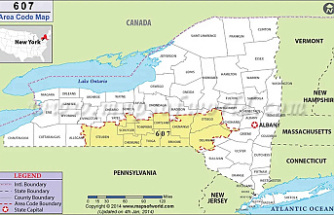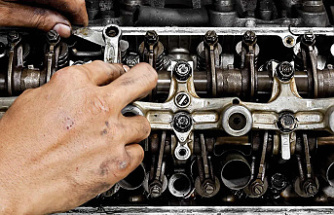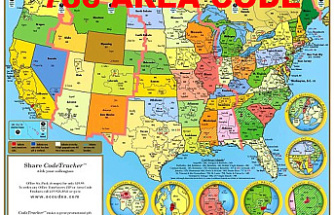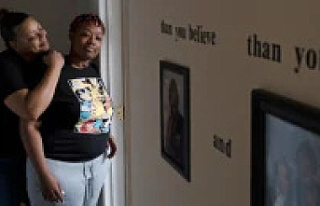COALINGA (Calif.) -- Halfway between San Francisco & Los Angeles, in the Central Valley's 100-degree heat, a former prison is undergoing an unusual second act.
A company is cultivating the exact product that made some prisoners go to prison behind its cinderblock walls.
Casey Dalton, his sister and longtime music manager Dan Dalton, purchased the 20-acre property in 2016 for $4.1 Million. They chose the location because of its dry, sterile environment, which would make it a safe place to store marijuana.
Their cannabis company Evidence and other companies that bought closed prisons were able to confront the legacy of the war on drug, especially on people of color.
Dan Dalton stated, "We're moving thousands upon thousands of poundss of flower now. I'm going home to my family tonight." "You know,... there are people in jail right now for personal possession. The hypocrisy is absurd to me."
Evidence plants its plants in the former Claremont Custody Center's back yard, where convicts once tended to vegetables. The prison kitchen is used to make edible gummies and the mess hall for stuffing pre-rolled joints.
Dalton stated that he often thinks of the people held there before California legalized recreational marijuana in 2016.
"I don’t know what they would feel. He said that they might have mixed emotions about the work we do here. "I can only imagine what it would be like if I served time here for the exact same plant, and then this is happening."
Damian Marley is Dalton's longtime music client, and a partner at Evidence. Damian Marley is the son of Bob Marley. He believes that prisoners who are still being held for cannabis violations should be released.
Marley said that he was a Jamaican Rasta and a father's son. He recorded the music video for " Medication " in an old prison among the leafy green cannabis plants.
"The legalization of cannabis means that we can now help our brothers and sisters in prison to return home.
Evidence makes the site a symbol for the effects of incarceration. Evidence also donates a portion of every purchase to The Last Prisoner Project, which is a non-profit organization that helps nonviolent cannabis offenders escape prison and have their records erased.
Dalton stated, "We grow weed in prison to help people get out prison for growing marijuana."
Evidence packs its product in evidence bags, to encourage customers reflect on its mission.
According to the FBI, more than 350,000 Americans were arrested in 2020 for "marijuana related violations." This was mainly in states where marijuana is still illegal.
Kyle Walton was the head of Evidence's cannabis production. He was convicted in his youth of possessing marijuana.
Walton stated that there was a problem getting work and dealing with probation officers. "It's easy to go to prison for something I consider normal.
According to a 2017 study, recreational cannabis is legalized in 18 states. The market is expected to grow to $50 billion by 2026. Only 4.3 percent are Black cannabis business owners.
Some states and local governments want to make it easier to participate in the legal market for those affected by the war against drugs. Cities such as Los Angeles or Oakland in California along with a few other states like Illinois or New York are offering licenses to social equity applicants and loan assistance and support to help them get their businesses off of the ground.
Critics claim that some programs are biased towards marginalized groups who did not suffer the full brunt of the war against drugs. Dalton stated that the government does not have to make the past right and that cannabis companies must do all they can for people from marginalized communities to get into the business.
He stated that every brand should have some responsibility to contribute to social equity. "The barrier to entry is really, really high. Right? It can be complicated to fill out an application or find a property zoned correctly for marijuana.
Green Thumb Industries, the U.S.'s largest cannabis company, purchased a Warwick prison last year. It plans to invest $150million to transform it into a cultivation center. Green Thumb's CEO Ben Kovler stated that he hopes the company will be one of the first to employ ex-inmates.
Kovler stated, "I think it's important that we take a place such as this that used to lock up people for marijuana and now employ them gainfully."












